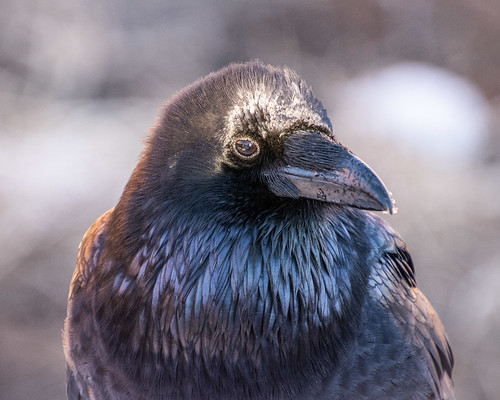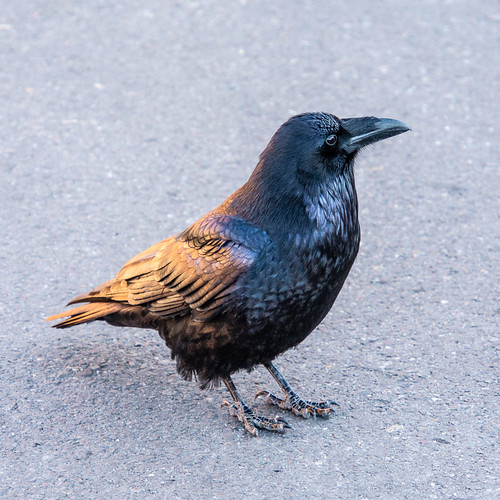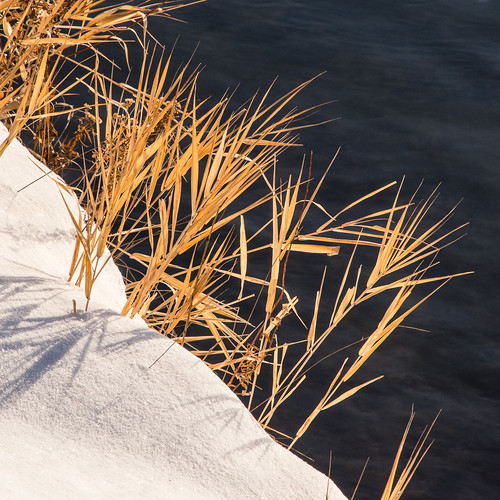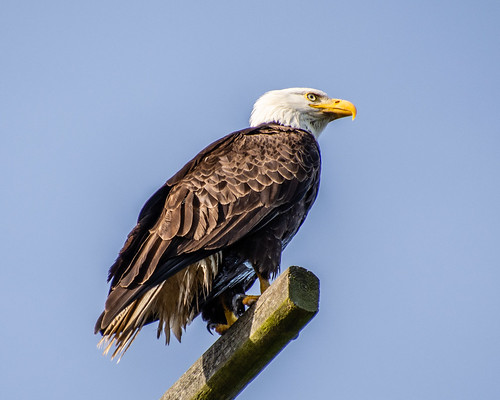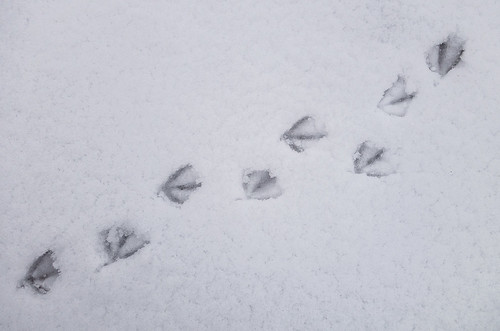 |
| Illegal drainage causing flooding of a downstream yardsite and sending water into the Quill Lakes |
“Wetlands provide us with water, they protect us from floods, droughts and other disasters, they provide food and livelihoods to millions of people, they support rich biodiversity, and they store more carbon than any other ecosystem. Yet, the value of wetlands remains largely unrecognized by policy and decision makers.” (
The Global Wetland Outlook, Ramsar Convention on Wetlands)
The
world’s freshwater supplies are threatened as never before says Jay Famigletti, Executive Director of the University of Saskatchewan’s Global Institute for Water Security. World-wide,
wetlands are being destroyed at 3 times the rate of forests (35% losses since 1970) and one-quarter of wetland plants and animals are at risk of extinction. Improved water management and governance are essential if we want to ensure future water and food security.
When the glaciers receded after the last Ice Age, they left behind an array of shallow depressions providing the
Prairie Pothole Region with a wealth of small wetlands storing water and providing habitat for a wide variety of plants and animals. In the past, farmers worked around the wetlands, but large farms, massive equipment, and a drive for greater efficiency and productivity have led to farmers draining the potholes.
There’s a strong sentiment among landowners that they can do what they want on their own land and that they should be applauded for their contributions to feeding the world. However, the farmers’ short-term interests are at odds with the long-term interests of the general public. Draining wetlands leads to flooding downstream, increases erosion, lowers the water table, and reduces the supply of water in times of drought. It also fails to recognize wetlands’ important role in carbon sequestration.
 |
| Illegal drainage on Van Pattens Creek, a major fish spawning creek |
Saskatchewan’s Agricultural Water Management Strategy
In 2015, the Saskatchewan Water Security Agency (WSA) implemented the
Agricultural Water Management Strategy in an effort to support responsible drainage. All existing and new drainage now requires WSA approval. To streamline the process, the agency has adopted a network approach working with all the farmers in a specific drainage area.
The Water Security Agency approved the first drainage network at Dry Lake northeast of Weyburn in 2017, issuing approvals for the 73 farmers in the network to drain a total of 586 acres of wetlands or 90% of the wetlands in the area. Mitigation in the form of restoring or retaining wetlands accounted for less than 10% of the loss area. No other efforts were made to mitigate for the impacts to water quality and loss of habitat. There was no evaluation or monitoring of the immediate or cumulative impact on water quality and loss of wetland habitat. The Saskatchewan public as a whole and Saskatchewan’s Indigenous people were not consulted.
More than 8 additional farmland drainage projects are now underway. Wetland loss in the Blackbird Creek and Saline Lake network is expected to exceed 90%.
 |
| Large ditch draining a 100-acre wetland along with bush clearing to turn the area into cultivated land |
Focus & Fragmentation
A
recent article pinpoints the problem with the government’s Agricultural Water Management Strategy as follows: “The Province has drawn a clear line around drainage management, one focused on land and infrastructure owners and operators, and where the goal is to control the movement of water within a specific area. Unfortunately, this approach has isolated drainage from other related sectors. Perhaps most obviously, drainage is directly linked to general watershed management, as both are managed by the WSA, which is the hub for all water issues in Saskatchewan. Despite sharing an institution, presently there are no explicit links between drainage and other branches of water management.”
The authors go on to state, “The challenge with Saskatchewan’s Agricultural Water Management Strategy is not so much what is included, but what is not. . . . It is also unclear what, if any, role there is for conservation groups, water stewardship groups, agricultural associations, local governments, and others in drainage planning and decision making. So, despite the connection between wetland drainage, watershed management, and conservation, these links are not explicitly recognized in the regulatory process. The drainage approval process ‘informally considers’ water quality and wetlands, but there are limited policies and no formal ties between these informal considerations and existing source water protection plans or watershed management plans.”
The lack of a comprehensive approach to farmland drainage pits farmers against those downstream who face flooding and loss of water quality. The water level in the Quill Lakes has been rising for over a decade and, as a terminal basin, there is nowhere for it to go. The water is high in inorganic salts that could damage fisheries, wildlife habitat, and water quality if introduced into nearby freshwater systems, affecting cottage-owners’ water supply as well as Last Mountain Lake, an important migratory bird sanctuary.
Proposed solutions to date have been inadequate as they didn’t meet the needs and concerns of all the interested parties.
Urban residents tend to view farmland drainage as a rural issue, which doesn’t affect their lives. And yet the impact can be significant. The
City of Des Moines, Iowa, has taken several upstream farmland drainage districts to court claiming that the release of nitrates from farmland into the Raccoon River has resulted in unacceptably high nitrate levels in the city’s water supply. The city has been forced to introduce a variety of treatment techniques to purify the water and expects to be forced to build a new treatment plant to deal with the issue in future.
 |
| Drainage into a slough that then drains into the Quill Lakes watershed |
Farmland Drainage Roundtable Initiative
In June 2018, a group of concerned citizens met to discuss and develop an action plan to address concerns around farmland drainage. A
report has been published documenting the findings of the two-day roundtable and covers perceptions of land ownership and farmland drainage; environmental impacts; farmland drainage policies, legislation and enforcement; and a call to action in addressing the key challenges.
Subsequent to the two-day get-together, a not-for-profit organization, the
Citizens Environmental Alliance – Saskatchewan, was established to address the issues and actions coming out of the Farmland Drainage Round-table Initiative. The non-profit organization plans to facilitate communication, resource sharing, and coordination of actions to eliminate duplication of efforts.
Photos courtesy of the Citizens Environmental Alliance - Saskatchewan
Further Info
Protecting and Constructing Urban Wetlands
Call to Action: Findings from Farmland Drainage Roundtable Initiative
When a Water Problem Is More Than a Water Problem: Fragmentation, Framing and the Case of Agricultural Wetland Drainage
Quill Lakes Water Crisis Receives International Attention


